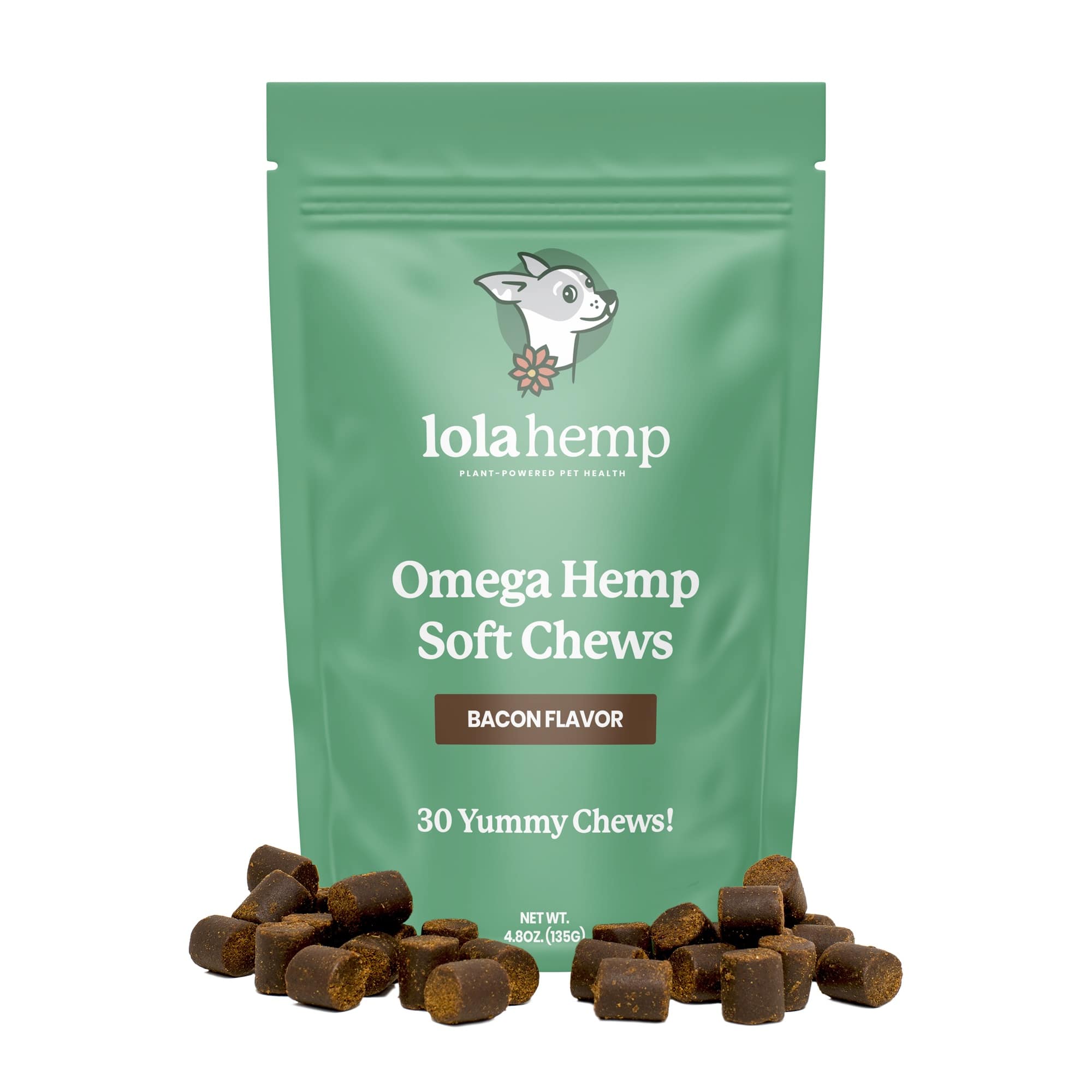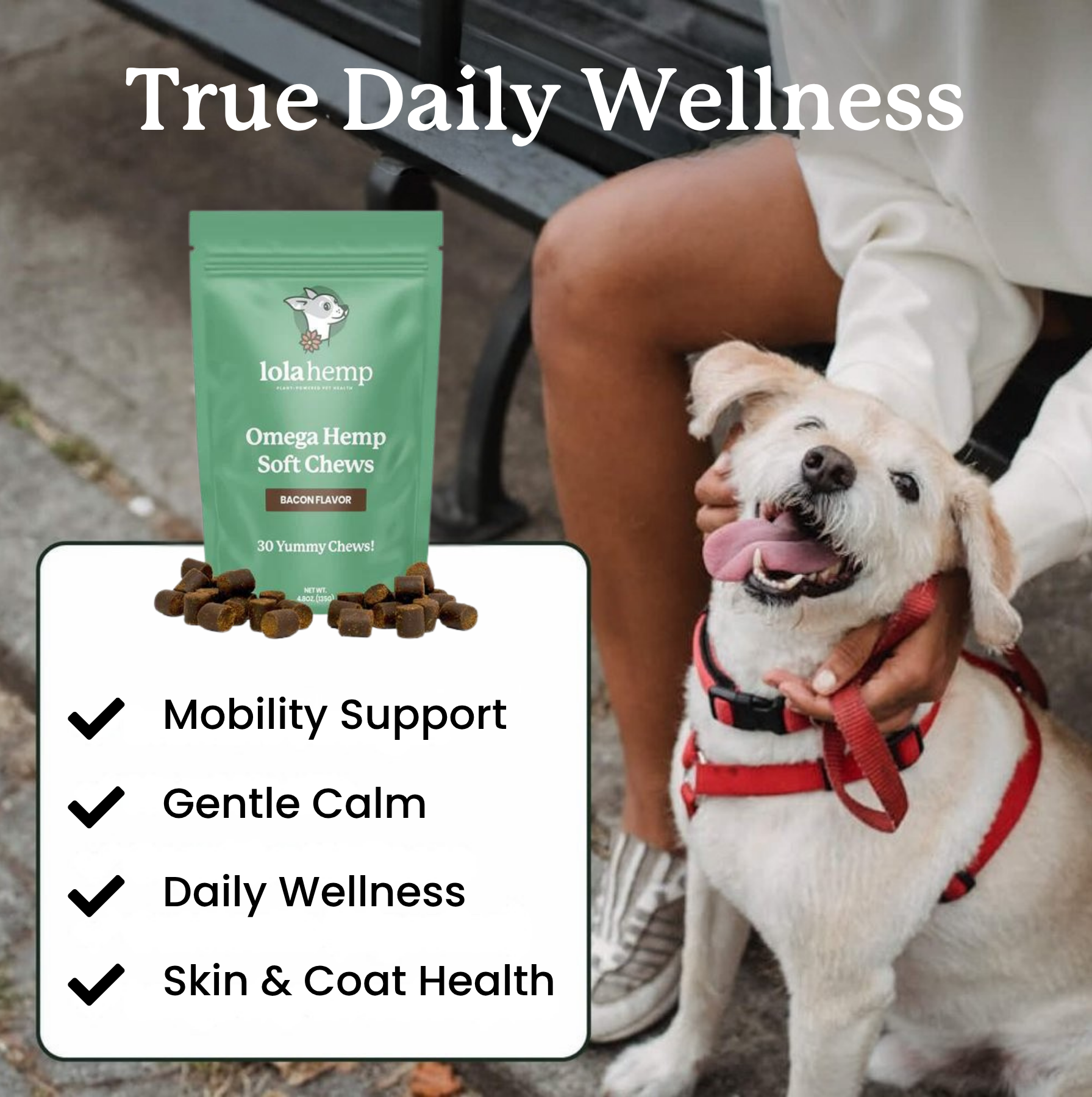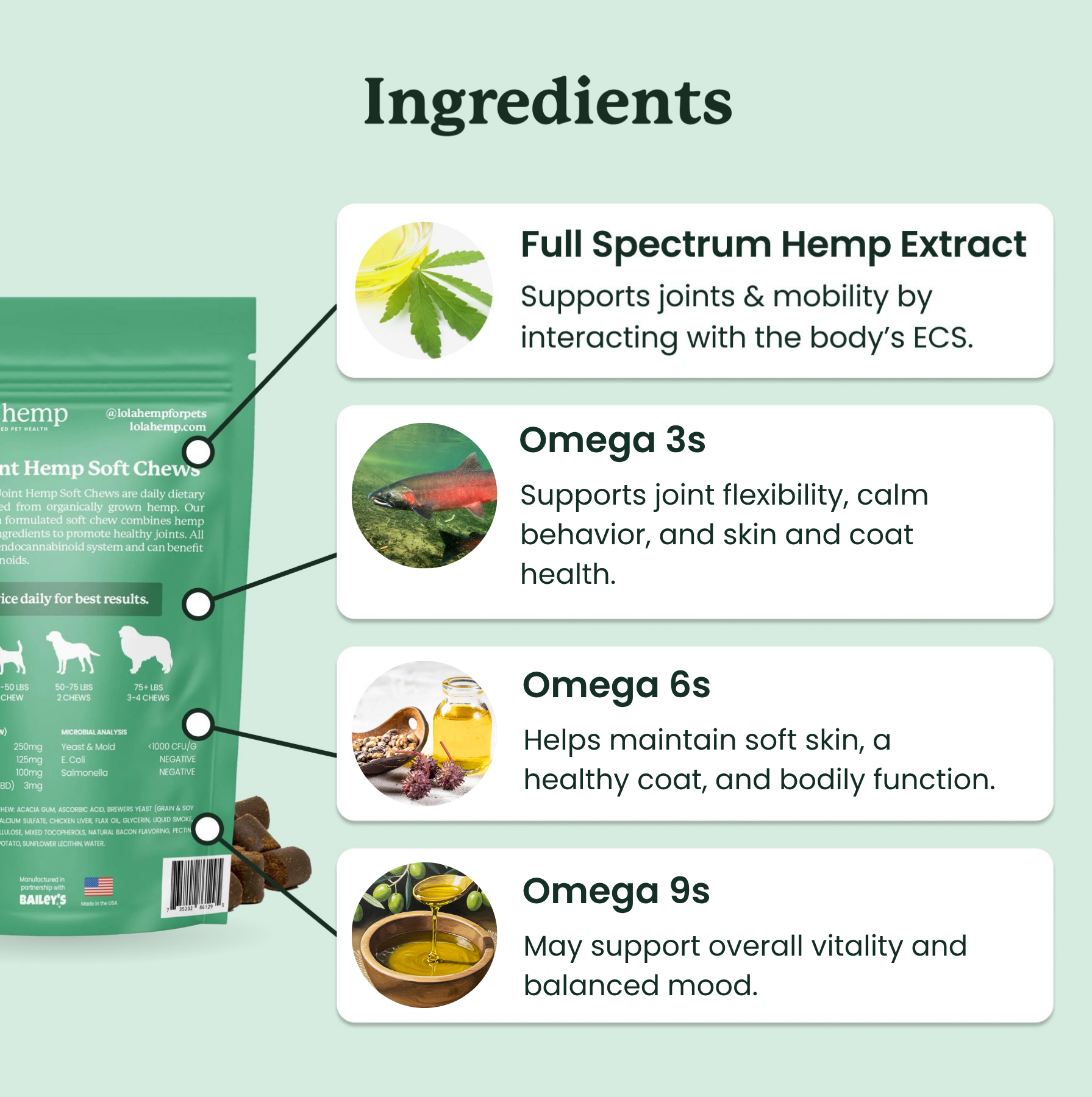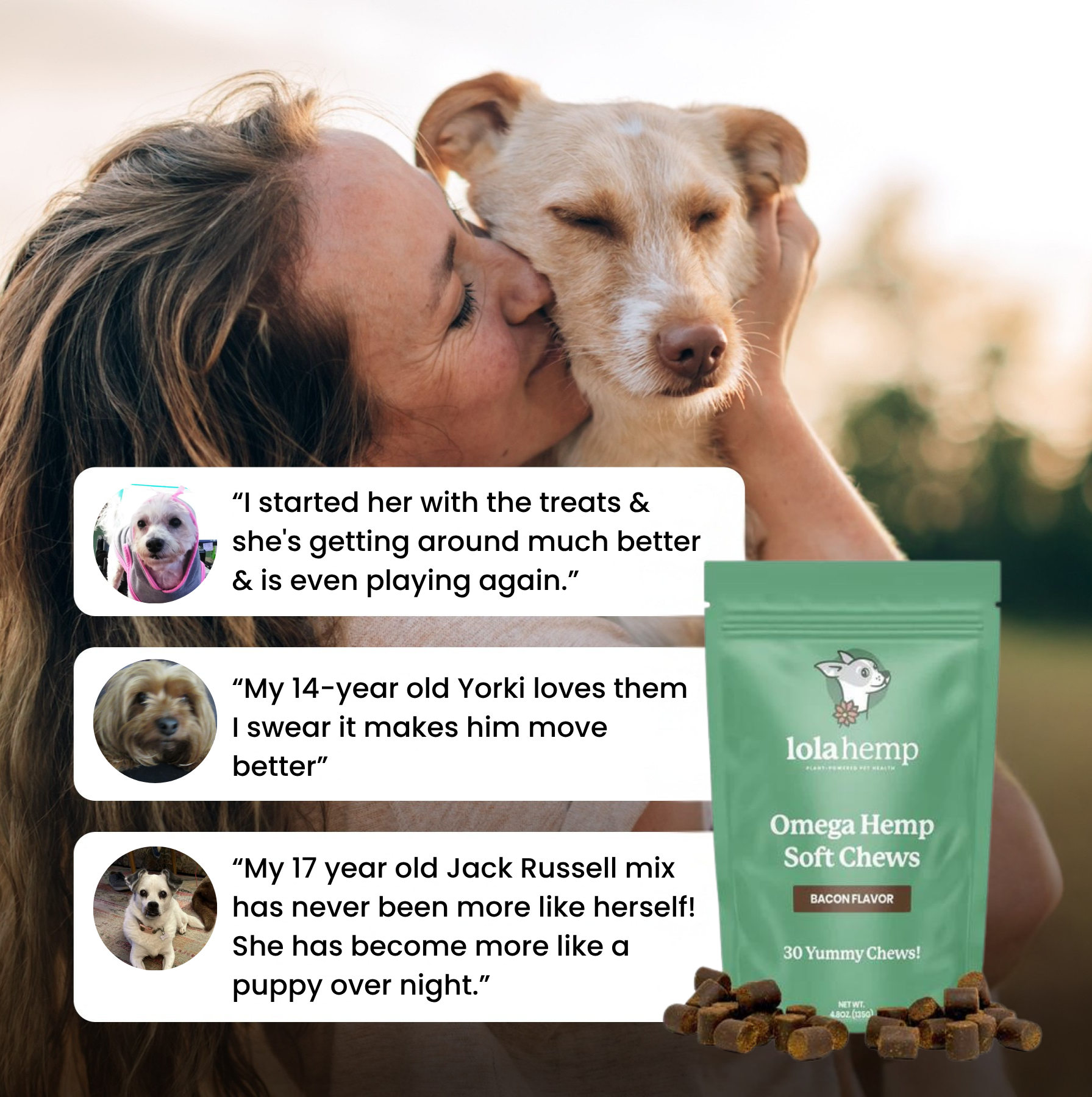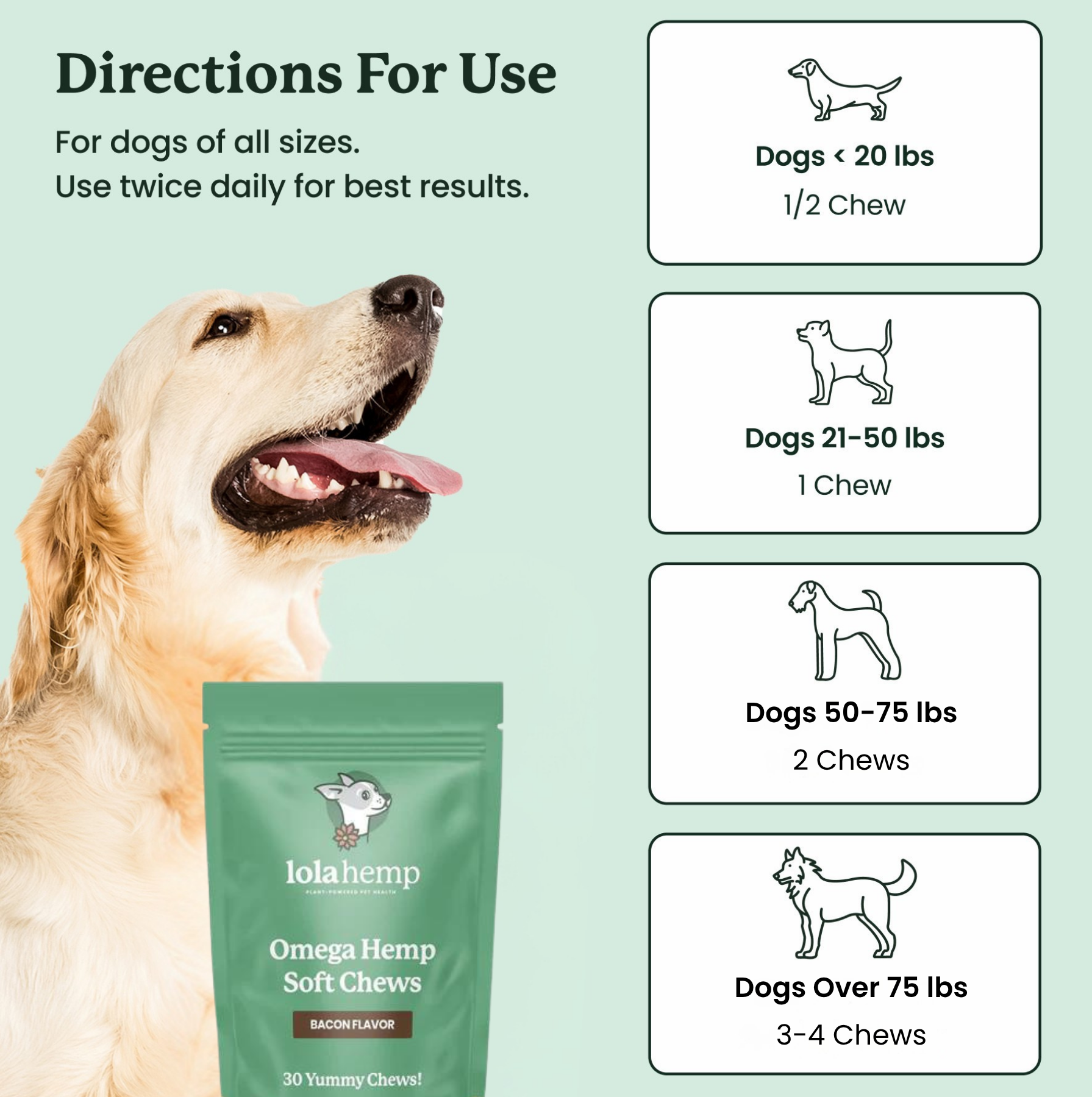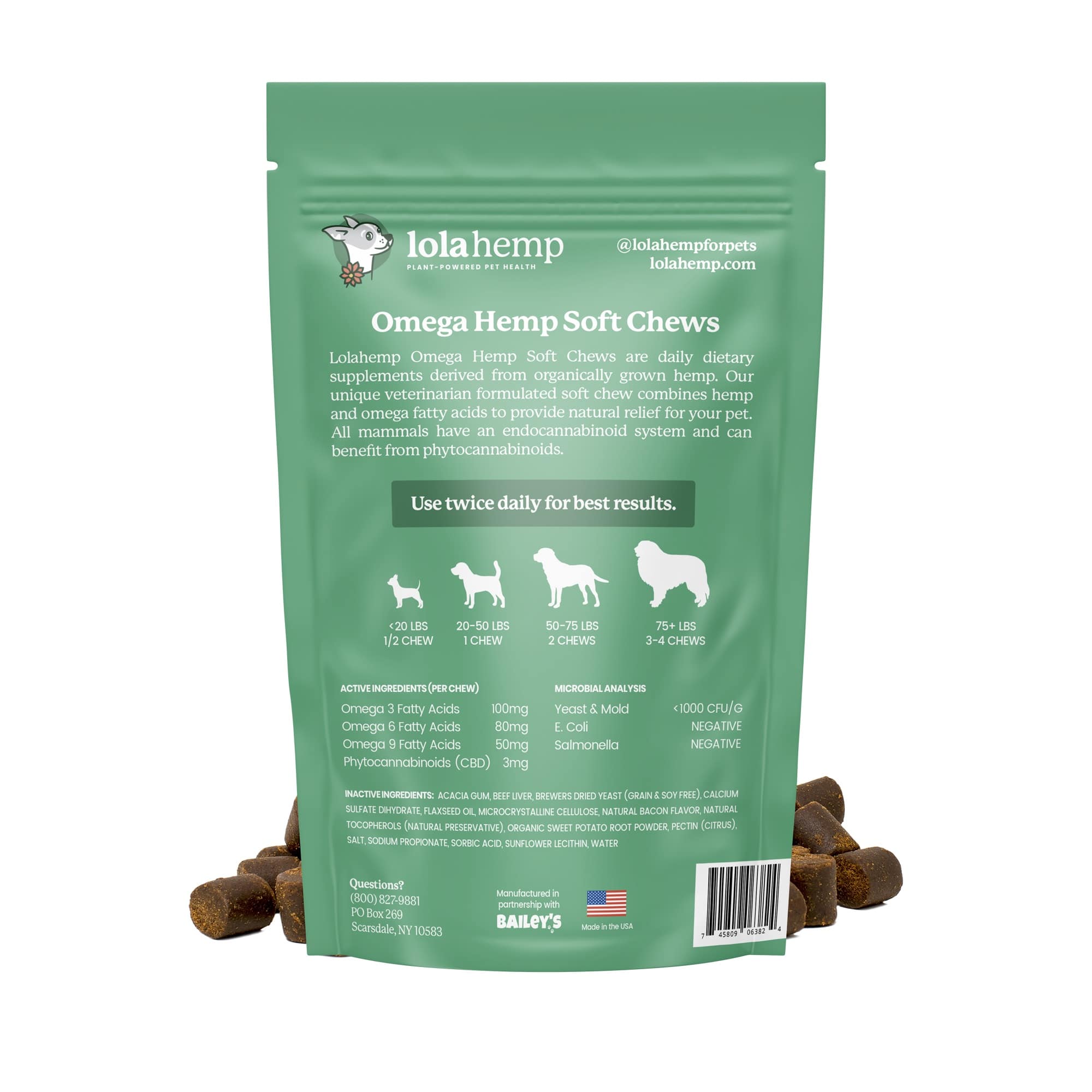Dogs can eat cheese in moderation, but only certain types of pure cheeses without additional ingredients. This guide will discuss whether dogs can have cheese of various kinds.
So, if your dog is gazing at you as you eat a cheesy meal, you're about to find out whether or not you can give them a little scrap. Let's dive in.
Note: If you're looking for an amazing, beneficial treat with excellent flavor, there are plenty of wonderful options apart from cheese!

- Can Dogs Eat Cheese?
- 10 Cheeses Dogs Can & Cannot Eat
- 1. Can Dogs Have String Cheese?
- 2. Can Dogs Have Feta Cheese?
- 3. Can Dogs Have Blue Cheese?
- 4. Can Dogs Have Cottage Cheese?
- 5. Can Dogs Eat Cream Cheese?
- 6. Can Dogs Eat Parmesan Cheese?
- 7. Can Dogs Have Cheddar Cheese?
- 8. Can Dogs Have Cheese Puffs?
- 9. Can Dogs Have Mac and Cheese?
- 10. Can Dogs Have Swiss Cheese?
- Conclusion
- Frequently Asked Questions About Can Dogs Eat Cheese
Can Dogs Eat Cheese?
Yes, dogs are able to eat and digest most types of common cheeses. Should they eat a juicy piece of cheesy pizza? Probably not. Cheese is nutritional and healthy for humans, but those nutrients don't always benefit dogs. They aren't harmful, but they're not a source of great nutritional value.
Dogs find cheese delicious, however. This makes small pieces of cubed cheese a great option for dogs in training or as an occasional treat. If you plan to incorporate cheese into your dog's diet on a regular basis, discuss it with your veterinarian.
Can Cheese Be Bad for Dogs?
Yes, too much cheese can cause bloating, digestive upset, and even pancreatitis. Cheese often has a high fat content and contains a lot of sodium, which can lead to various negative health effects.
Fatty foods can contribute to pancreatitis, particularly in breeds like schnauzers and Cocker Spaniels.
Avoiding Pancreatitis if Your Dog Eats Cheese
Slipping your dog a chunk of cheese here and there won't cause them to develop pancreatitis, but it could if you consistently use cheese as a regular treat. The same goes for other fatty foods, as pancreatitis can be triggered by foods high in fat.
- If you have a small dog, only give them tiny chunks, and don't give them cheese treats every day.
- Ensure that your dog isn't lactose intolerant before giving them cheese.
- Opt for low-fat and low-lactose cheese for dogs to eat.

10 Cheeses Dogs Can & Cannot Eat
All cheeses are a little different, which means some are safe for dogs to eat and some are not. Here are a few of the most common cheeses and whether or not they're safe for your canine companion.
1. Can Dogs Have String Cheese?
Yes, string cheese is safe for dogs to eat in moderation. It typically has lower lactose and salt content which makes it a good option for your pooch. String cheese is often mozzarella cheese or a combination of mozzarella and cheddar, both of which are okay for dogs to eat in small amounts.
2. Can Dogs Have Feta Cheese?
Feta cheese isn't the healthiest option for dogs. It's not necessarily dangerous, but it's high in fat and salt so consistently letting your dog have feta cheese could lead to adverse health complications and even pancreatitis.
3. Can Dogs Have Blue Cheese?
Dogs should not eat blue cheese. Blue cheese contains the fungus Roquefortine C which might cause your dog to vomit, have diarrhea, fever, and even worse in some cases. If your dog eats a scrap or two of blue cheese, it's unlikely that they'll have these symptoms but you should visit the veterinarian if they've eaten a large amount of blue cheese.
Note that there are many types of blue cheeses, and you should avoid giving all of them to your dog.
4. Can Dogs Have Cottage Cheese?
Cottage cheese is one of the best options you can give to your dog. It contains protein, calcium, probiotics, and can even provide an easily digestible option for dogs with an upset stomach. Cottage cheese has less fat and sodium than most other cheeses as well, making it a preferable option for dogs.
Don't give your dog cottage cheese if they're lactose intolerant or if it has any additional ingredients like sugars, salts, or flavorings. Otherwise, letting dogs eat cottage cheese could have potential health benefits.
5. Can Dogs Eat Cream Cheese?
Dogs can eat plain cream cheese without flavorings. There are countless types of cream cheese, but the only kind that is safe for dogs is plain. There are so many different ingredients used in various cream cheeses that there's no shortage of health issues that could come from different options.
Plain cream cheese is okay for dogs in moderate amounts, but shouldn't be a regular dietary staple for your pooch.
6. Can Dogs Eat Parmesan Cheese?
Parmesan cheese is high in sodium, so it's not a great choice for dogs but it's not dangerous to them when it's free from additives. Plain Parmesan cheese shouldn't be a regular treat for your dogs, especially when there are other types of cheese that can be good for dogs.
What about Parmigiano Reggiano for Dogs?
Parmigiano Reggiano is high in fat and salt as well, so there are potential risks of giving it to dogs. It's not necessarily dangerous, but it could lead to negative health effects over time.
7. Can Dogs Have Cheddar Cheese?
Yes, cheddar cheese for dogs is the best option, apart from possibly cottage cheese. Slice it up into small cubes and use them as occasional treats, and ensure that it's plain cheddar cheese without significant additives.
Your dog will probably love cubed cheddar cheese, so remember not to give them too much because cheddar can be high in fat and salt, which may lead to health issues like pancreatitis over time. So, less is more when it comes to feeding your dog cheddar cheese.
8. Can Dogs Have Cheese Puffs?
Odds are that your dog would love the taste of cheese puffs, but don't use them as a treat. Cheese puffs are formulated with tons of artificial flavorings and ingredients that could be dangerous to dogs, especially over time.
Avoid giving your dog cheese puffs, cheese whiz, or any other artificial cheese flavors.
9. Can Dogs Have Mac and Cheese?
Weren't you reading the number 8?! Mac n Cheese for dogs is not a healthy option if it's from a box in most cases. The cheese flavoring may not be plain cheese, and it's extremely likely that there are additives and an excessive amount of salt.
So, while boxed mac and cheese is a delicious (unhealthy) snack for humans, it's not safe for dogs.
That said, if you make the mac and cheese sauce yourself with all natural ingredients and avoid putting salt into it, it would be healthier. Plain, unsalted pasta like macaroni are generally safe for dogs to eat in moderation.
10. Can Dogs Have Swiss Cheese?
Just like cheddar and mozzarella, Swiss cheese is generally considered safe for dogs in moderation. It has high fat content, but lower lactose content than other cheeses.
This makes it a tolerable option that your dog will probably love, but shouldn't have too much of.
Conclusion
Overall, cheese is well tolerated by dogs in small amounts. Don't worry too much if your dog eats a scrap or two of cheese, but make sure to monitor them after giving them cheese for the first time. Note that not all human foods are alike, and even common options like some breads can be very toxic to dogs.
They might have digestive upset or other unwanted reactions. The smartest thing to do is discuss giving your dog cheese with your veterinarian before starting. They'll have insights into safe cheeses, the amount of cheese to give them, and what to watch out for after they try it for the first time.
If you have other questions about caring for your dog, explore our blog for answers to many of the questions that come up as a pet owner.
Frequently Asked Questions About Can Dogs Eat Cheese
Can dogs safely eat cheese?
Yes, dogs can eat small amounts of plain cheese. It can serve as an occasional treat or training reward, but it should not become a daily staple due to fat and sodium content.
Which cheeses are safest for dogs?
Low-fat, low-sodium options like cottage cheese, mozzarella, and cheddar are the best choices. Cottage cheese provides probiotics and calcium, making it especially beneficial.
Are there cheeses dogs should avoid?
Yes. Dogs should not eat blue cheese, feta, or processed cheese snacks like cheese puffs. These can contain high salt, fat, or mold toxins harmful to dogs.
Can dogs have cream cheese or mac and cheese?
Plain cream cheese in moderation is safe. However, flavored or processed versions, as well as boxed mac and cheese, contain additives and excessive salt that are unsafe for dogs.
Can cheese cause digestive issues in dogs?
Yes, especially in lactose-intolerant dogs. Overconsumption can cause bloating, diarrhea, or even pancreatitis in some breeds.
How much cheese can I give my dog?
Offer only small pieces occasionally. Large or frequent servings can lead to weight gain and digestive problems.

